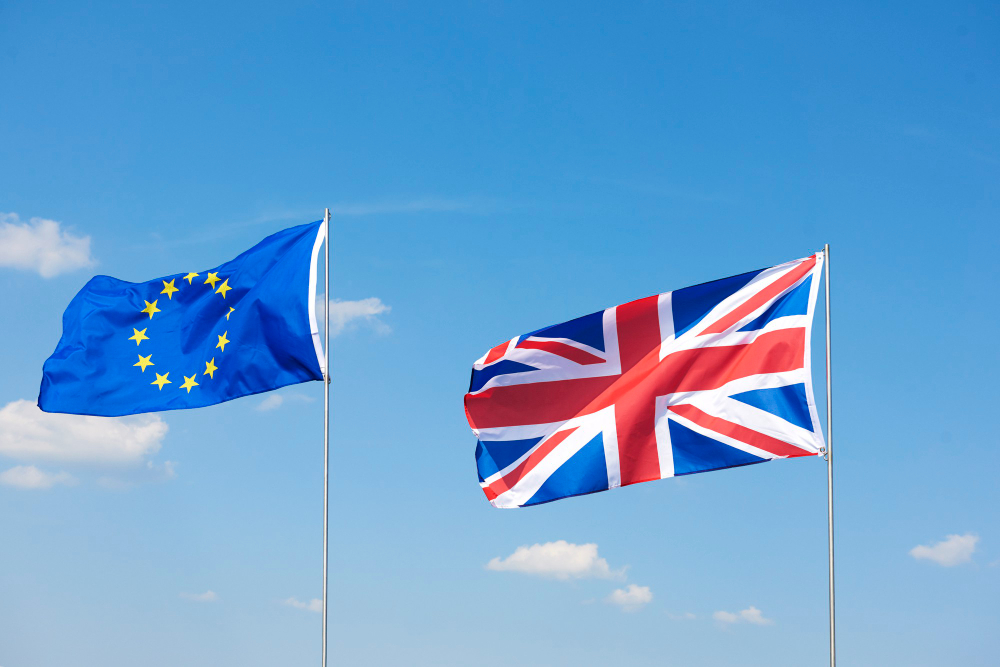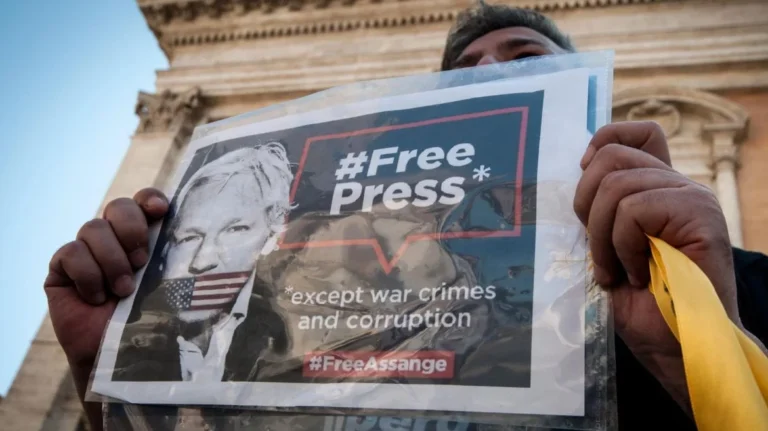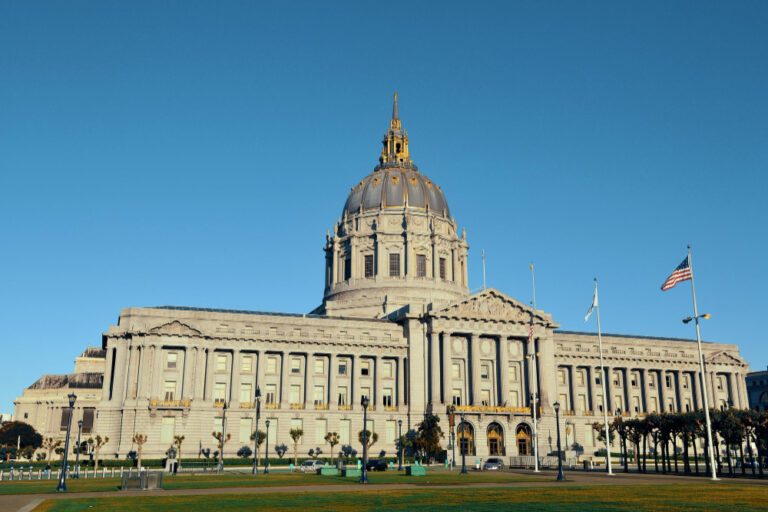Brexit: Navigating the Maze of Political, Economic,
An acronym for “British exit,” the term “Brexit” describes the landmark vote by the British people to withdraw from the European Union. This major event has changed the world, and not just the UK. It was influenced by a tangled network of political, economic, and historical reasons. In this essay, we will explore the many facets of Brexit, from its beginnings to its implications and the ripple effects felt across different sectors.
Reasons for Brexit
Sovereignty Concerns
An ambition for greater autonomy was central to the Brexit movement. Being a member of the European Union curbed what many Britons saw as their country’s autonomy, particularly in policy and lawmaking.
Immigration Issues
Concerns regarding free movement of persons inside the EU shifted the focus to immigration, which quickly became a critical issue. The immigration debate was a major factor in changing popular sentiment and ultimately determining the outcome of the referendum.
Economic Considerations
The Brexit movement was also propelled by economic considerations, such as financial commitments to the EU budget and rules impacting companies. Some thought that the UK would have greater say over its economic policy if it left the EU.
Impact on Trade
Changes in Trade Agreements
As a result of Brexit, the UK is looking for new trade alliances outside of the EU. Opportunities and threats were both brought about by the renegotiation of trade agreements, which altered the nature of global trade.
Effects on Businesses
As a result of supply chain issues, changes to legislation, and customs procedures, businesses encountered uncertainty and disruption. As a result of Brexit, several businesses had to change their strategies on the fly.
Economic Repercussions
The effects of Brexit on the economy were all over the place. Some industries thrived in the greater freedom, while others struggled to adapt to the altered market conditions. There has been and will be continuing investigation and debate regarding the economic consequences in the long run.
Political Consequences
Shift in Political Landscape
New political forces emerged and party dynamics changed as a result of Brexit’s dramatic effect on the UK’s political scene. The decision was so revolutionary that it caused a shakeup in the executive suite.
Impact on EU Politics
As a result of the shockwaves caused by a crucial member state’s withdrawal, the European Union has been reflecting on and making modifications within itself. There were shifts in the EU’s power dynamic, which had an impact on diplomacy and policymaking.
Role of Key Political Figures
The actions of influential politicians in the United Kingdom and the European Union were critical in determining how Brexit would unfold. In times of political unpredictability, leaders were crucial in guiding their countries through public speech and agreements.
Social and Cultural Changes
Immigration Policies
Rethinking immigration policies in the wake of Brexit sparked discussions on multiculturalism and national identity. Everyone in the United Kingdom felt the effects on their own lives, their families, and their communities.
Identity and Nationalism
Reclaiming sovereignty and declaring a distinct national character were symbols of Brexit, which in turn exposed deep-seated sentiments of national pride and identity during the referendum.
Multiculturalism Debates
Post-Brexit, discussions of multiculturalism exploded in popularity, prompting people to wonder how we may best embrace diversity while still protecting our rich cultural traditions. Education and public discourse were two areas where these arguments reverberated.
Negotiations and Challenges
Brexit Negotiations
The UK and the EU were both in unfamiliar terrain during the negotiation process, which added an extra layer of difficulty. Important matters, including the Irish border and trade agreements, necessitated careful and frequently drawn-out debates.
Challenges Faced During the Process
The Brexit process faced several obstacles, including diplomatic roadblocks and legal complexities. Negotiators’ tenacity and capacity to discover areas of agreement despite competing priorities determined the final product.
Outcome of Negotiations
The post-Brexit era was laid out by the final accords and concessions that were agreed during the negotiations. To fully grasp the present situation of the UK and its relations with the EU, one must grasp the complexities of these outcomes.
Global Implications
Relations with Non-EU Countries
The effects of Brexit extended beyond the European Union and into the UK’s relationships with other countries. As the United Kingdom tried to become an independent global participant, new possibilities and difficulties emerged.
Impact on Global Economy
Markets and assets around the world were rattled by the uncertainty caused by Brexit. The interdependence of the global economic system can be better understood by looking at how other countries dealt with and adjusted to these changes.
Lessons for Other Nations
As the Brexit drama unfolded, other countries learned valuable lessons about diplomacy, negotiating, and striking a balance between domestic priorities and international collaboration.
Business Perspectives
Adaptation Strategies
As a result of the changes brought about by Brexit, companies have to rethink their approaches. In order to stay competitive, corporations went through major transformations, such as optimizing their supply chains and becoming compliant with regulations.
Challenges for Multinational Companies
Dealing with the intricacies of doing business in both the UK and the EU presented special difficulties for multinational corporations.
Opportunities Post-Brexit
Businesses were able to reevaluate their responsibilities in the changing global economy, explore new markets, and form innovative alliances despite the difficulties they faced.
Future Scenarios
Long-Term Effects
Predicting future possibilities requires an understanding of the long-term impacts of Brexit. The future of the UK and the EU will be shaped by the ever-changing dynamics of trade, politics, and society.
Potential Developments
In order to understand the long-term effects of Brexit, it is helpful to look ahead at possible changes in international alliances, geopolitical movements, and economic trends.
Ongoing Impact on the UK and EU
The effects of Brexit are ever-changing and unpredictable. A thorough comprehension of the post-Brexit environment is possible through frequent evaluations of its impacts on the UK and the EU.
Public Opinion
Divergent Views
As befits a decision as complicated and contentious as Brexit, public opinion on the matter remains divided. In order to assess the social effects of Brexit, it is essential to grasp the complexities of opposing viewpoints.
Shifts in Public Sentiment
Changes in public opinion have occurred after Brexit. By dissecting these shifts, we can learn more about how civilizations react to and adapt to revolutionary occurrences.
Reflection on Referendum Results
The elements that affected public opinion and the course of the Brexit movement can be better understood by looking back to the first referendum results.
Media Coverage
Media Influence on Perceptions
The public’s view of Brexit was greatly influenced by the media. Understanding the interplay between media narratives and public sentiment can be gained by examining the impact of media coverage.
Reporting on Negotiations
The public gained a better grasp of the intricacies involved in the Brexit negotiations because to the media’s coverage of the subject. The media’s influence on public opinion can be better understood by looking at the coverage of these occurrences.
Post-Brexit Media Landscape
New narratives and agendas emerged in the media landscape after Brexi’t. In order to evaluate the media’s continuing impact on public opinion, it is crucial to comprehend these changes.
Lessons Learned
Reflection on the Process
You can gain a better grasp of the difficulties, triumphs, and takeaways from the Brexit process by reflecting on it. Politicians, diplomats, and citizens all must pay close attention to this retrospective study.
What Other Nations Can Learn
From the triumphs and failures of the Brexit process, other countries can learn a great deal. Diplomatic efforts and foreign ties in the future should benefit from these lessons.
Evolving Political Dynamics
The political dynamics of the world were shaken to their core by the Brexi’t vote. To better comprehend larger geopolitical tendencies, one must first comprehend the temporal evolution of these dynamics.
Conclusion
In sum, Brexit is a watershed moment that will be remembered throughout all spheres of society, not just politics and economics. The globe observes, observing the complex dance of diplomacy and adaptation, as the UK and the EU continue to negotiate the decision’s aftermath. Every chapter of the unfolding narrative about the true impact of Brexi’t sheds new light on the intricacies of a world that is always evolving.
FAQs
Q1: What is Brexit?
The “British exit,” or “Brexit,” is shorthand for Britain’s decision to withdraw from the European Union.
Q2: What were the main reasons for the UK leaving the EU?
Brexit was primarily driven by worries regarding economics, immigration, and sovereignty.
Q3: How did Brexit impact trade agreements?
Reassessment of trade agreements, prompted by Brexit, altered regulatory landscape and trade dynamics.
Q4: What challenges did the UK face during negotiations?
The UK faced challenges such as the Irish border issue and navigating complex trade agreements during Brexit negotiations.
Q5: How has public opinion shifted post-Brexit?
As a result of the decision’s continuing influence, public opinion post-Brexit has demonstrated varied and changing viewpoints.







